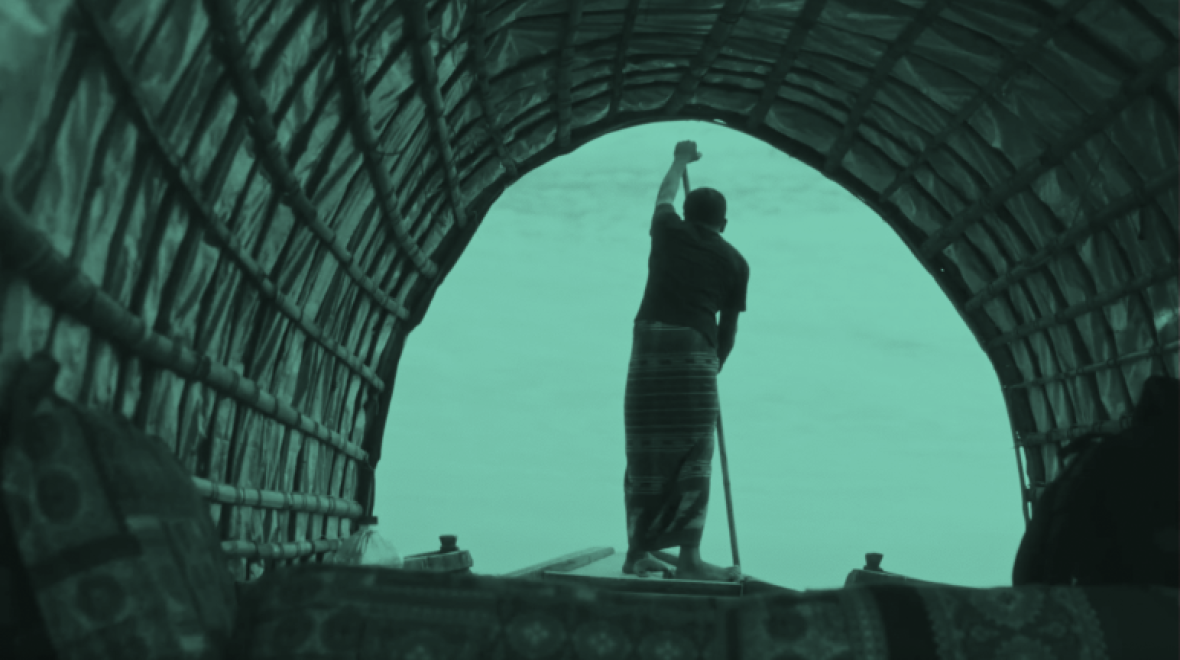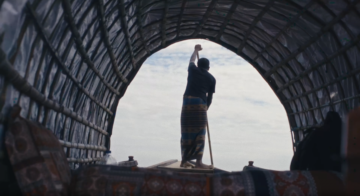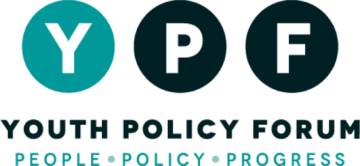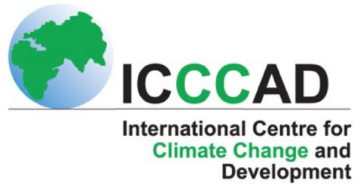
Stories of Change: Documentary Screening + Climate Atlas
January 26, 2024
6:30 PM – 9:00 PM
at UBC Robson Square (map)
This event is at capacity. No more registrations are being accepted. Thank you!

About the Event
Join us for an exclusive screening of this climate justice documentary on the Global South, highlighting resilient communities in Bangladesh. Advocating for equity in the face of climate adversity, UBC Bachelor of International Economics student Abul Bashar Rahman and his team’s vision is to achieve climate justice for the Global South, ensuring that these most impacted yet least responsible regions are empowered and heard in the global climate dialogue. The results of this vision is spotlighted in this exclusive documentary screening of Stories of Change at Robson Square and a look through the Climate Atlas Tool that has been created as a result of this project.
Stories of Change premiered at COP28 in December 2023 and follows Bashar’s journey cycling across Bangladesh, from the northernmost region of Tetulia to the southernmost end of Teknaf, to amplify the voices of the people affected by the harsh realities of climate change. He delives into the heart of the most remote regions, where the marginalized communities reside, to bring to light their stories of resilience, bravery, and hope in the face of adversity. See their stories come to life on screen for the first time in the Canadian premiere of Stories of Change.
Event Schedule
6:00 PM – Doors open for registration
6:30 PM – Opening remarks by Abul Bashar Rahman & COP28
6:45 PM – Introduction to the “Stories of Change” project
7:00 PM – Documentary screening and atlas overview
8:00 PM – Audience Q&A session
9:00 PM – Program end, followed with networking and light refreshments
Rynn (“rain”) Zhang, a 4th-year UBC Materials Engineering student minoring in Urban Studies, originates from Beijing, known as one of the world’s most populated and polluted cities. Over the past three years, she spearheaded diverse leadership roles at UBC WasteNauts, an engineering design team dedicated to advancing circular economy principles. Her work and research have gained recognition through features on CBC’s climate science documentary series, “Planet Wonder”. Currently, she collaborates on a startup initiative with engineering and commerce peers at UBC, aimed at alleviating eco-anxiety by empowering the community to adopt environmentally beneficial habits. Additionally, she expresses a keen interest in exploring the intersection between faith and the climate, demonstrating her commitment to caring for our world in a dignified and holistic manner.
Paige Hunter is a climate activist with experience in both the academic and public sector. Paige’s passion for accessible climate education first led her to join SFU350, a student-led climate activism group, where she developed programs for SFU students, staff, and faculty while successfully campaigning for fossil fuel divestment. Paige’s research includes the intersection of climate justice and nature-based solutions to climate change, wildfire recovery, and youth engagement. In 2022 she was one of SFU’s student delegates to COP27. Paige has worked on climate resilience with the BC Ministry of Forests and ACT – Action on Climate Team as well as ecological conservation with the Department of National Defense and the Canadian Armed Forces. She is currently a Researcher Analyst at Environment and Climate Change Canada (ECCC) working on youth engagement. She is the co-founder of the Sword Fern Collective, a hope-centred climate change education group, is a mentor to high school students through the Vancouver School Board Sustainability Connections, and is a member of the Metro Vancouver Youth Education Advisory Panel.
Fardin Kabir is a Bangladeshi, currently pursuing an undergraduate degree in Economics and Philosophy from the University of British Columbia. He focuses on sustainable development and community engaged learning. As a researcher he has previously worked with the social enterprise, AFRIpads, in Masaka, Uganda, to carry out a 5 year long impact study detailing the evolution of a village throughout the pandemic. In UBC, Kabir is one of the first AMS sustainable development volunteers where he and his team organise events to promote sustainability within campus. Currently, he is also part of an engagementship, advocating for academic freedom for scholars who have been incarcerated for their scholarship. His passion for using writing as a tool doesn’t end there. Kabir is also an editor of the Iona Journal, which is the journal that focuses primarily on economic research being produced by undergraduate and graduate students in UBC. Kabir wants to pursue research in pedagogy and dreams of a world where experiential learning is much more prominent.
Sabrina Qistina is a first-generation settler from Malaysia of mixed Malay and Chinese descent. She is a geographer at the Centre for Migration Studies, and her research with Dr. Jemima Baada focuses on climate change adaptation, human mobility, psychosocial health, and urban development. Sabrina is currently investigating how climate migrants secure access to infrastructure and what risks and conflicts they face upon arrival. She previously worked at the Schwartz Geospatial Ecology Lab studying wildfire ecology and Southeast Asian forest resilience. Her project identified ecological and evolutionary feedback in mosaic forests in Cambodia, predicting which forest types are more vulnerable to fires. In 2020, she was an intern cartographer for Center for Orang Asli Concerns in Malaysia, collaborating with knowledge holders and elders in the development and advancement of culturally appropriate and inclusive geospatial technologies for Indigenous communities.
Event Partners







